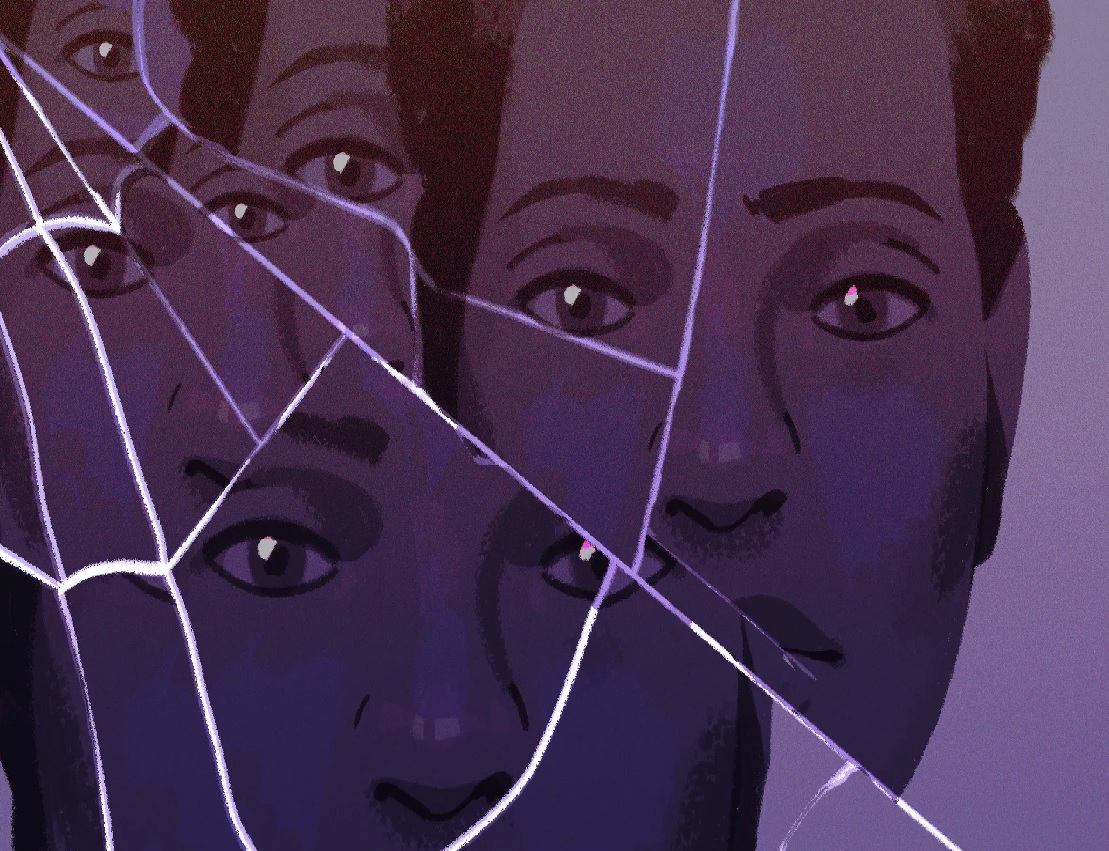Interrogating the true toll of pervasive racism.
For this month’s issue of The Highlight, Vox teamed up with Black-led nonprofit newsroom Capital B to explore the insidious effects of discrimination on Black Americans.
The collaboration — part of an ongoing partnership with Capital B — was prompted in part by the work of researchers at the University of Chicago, who compiled nearly 50 years’ worth of studies examining bias against Black people in nearly every aspect of modern life, which they shared exclusively with Vox and Capital B.
The researchers, led by Sendhil Mullainathan — one of the scholars behind the seminal resumé discrimination study “Are Emily and Greg More Employable than Lakisha and Jamal?” — reviewed decades of studies. They found that discrimination impacts consequential endeavors and mundane tasks alike, from buying a home and applying to jobs to looking for a new church and using rideshare apps. Simply put, discrimination is everywhere.
That isn’t news to the tens of millions of Black Americans who experience it daily. But as many white Americans continue to question whether systemic racism exists, these myriad studies offer affirmation, borne out with data in no uncertain terms, of its existence and pervasiveness. This, in turn, has provided us with opportunities to ask: What happens to Black lives when you endure racist acts day in and day out? What solutions exist? And what care can we provide?
Discrimination isn’t just infuriating. It steals Black people’s time.
Vox analyzed dozens of studies and found that racism adds up in insidious ways.
By Sean Collins and Izzie Ramirez
A racist society is detrimental to your health
From chronic stress to cancer, racial discrimination weathers Black Americans’ lives over time.



